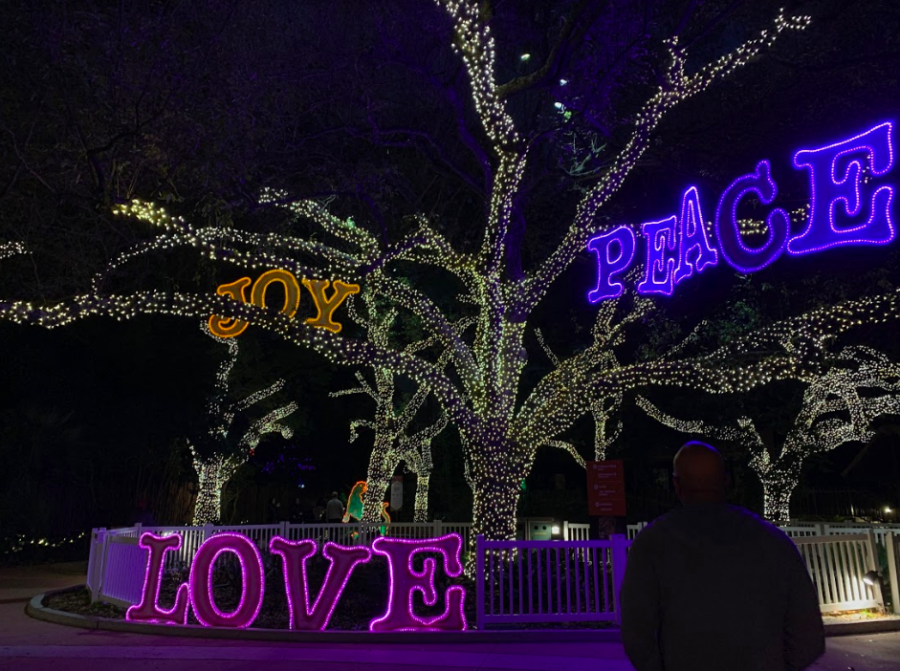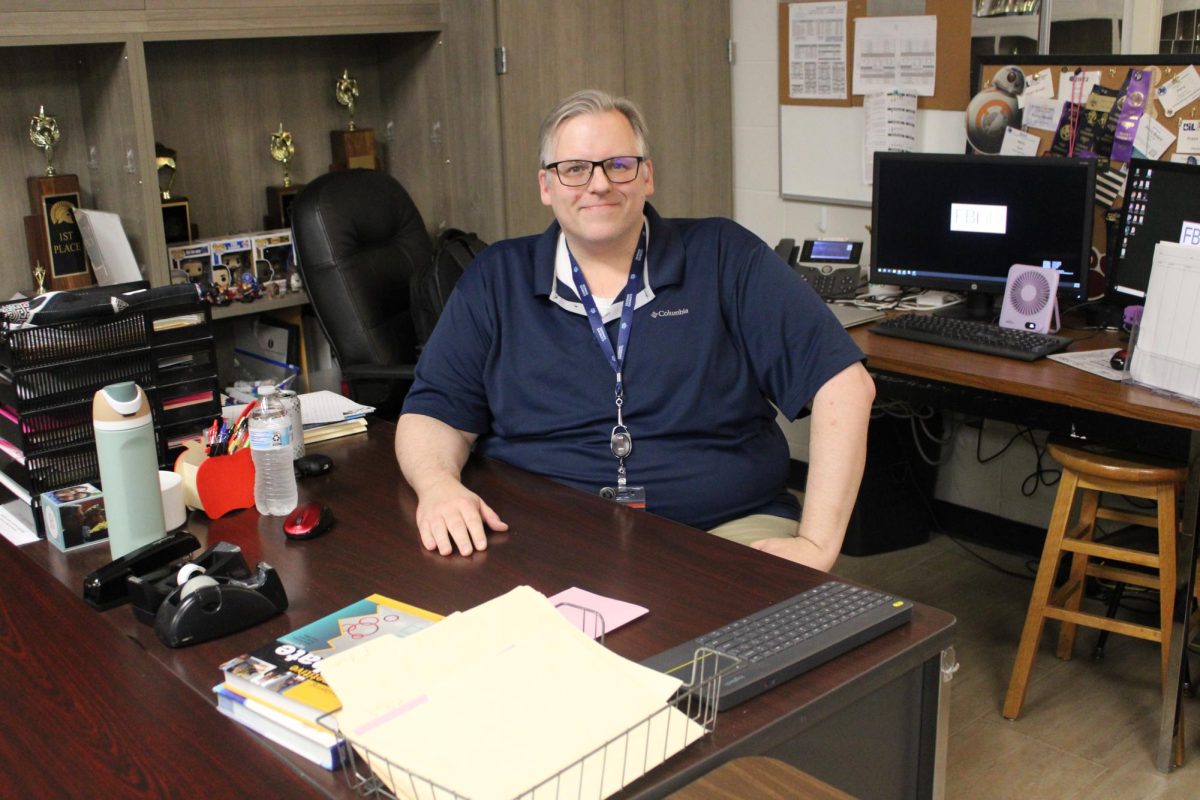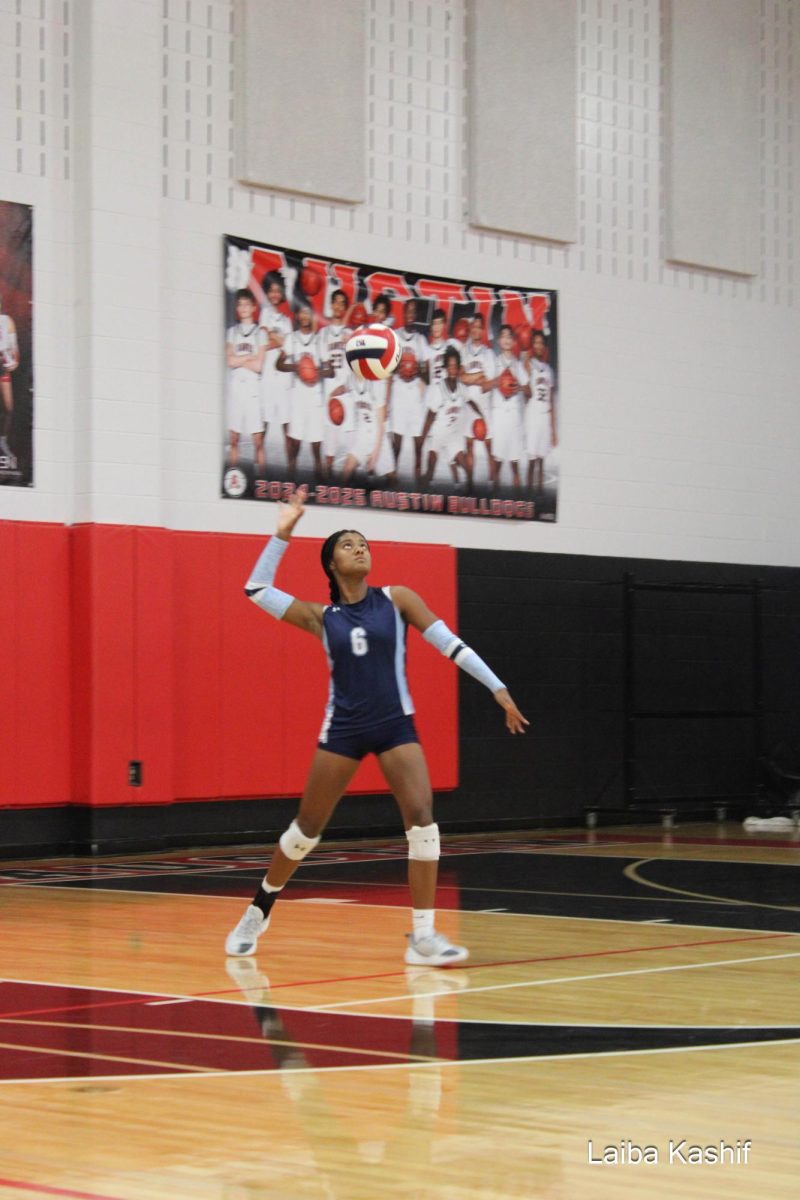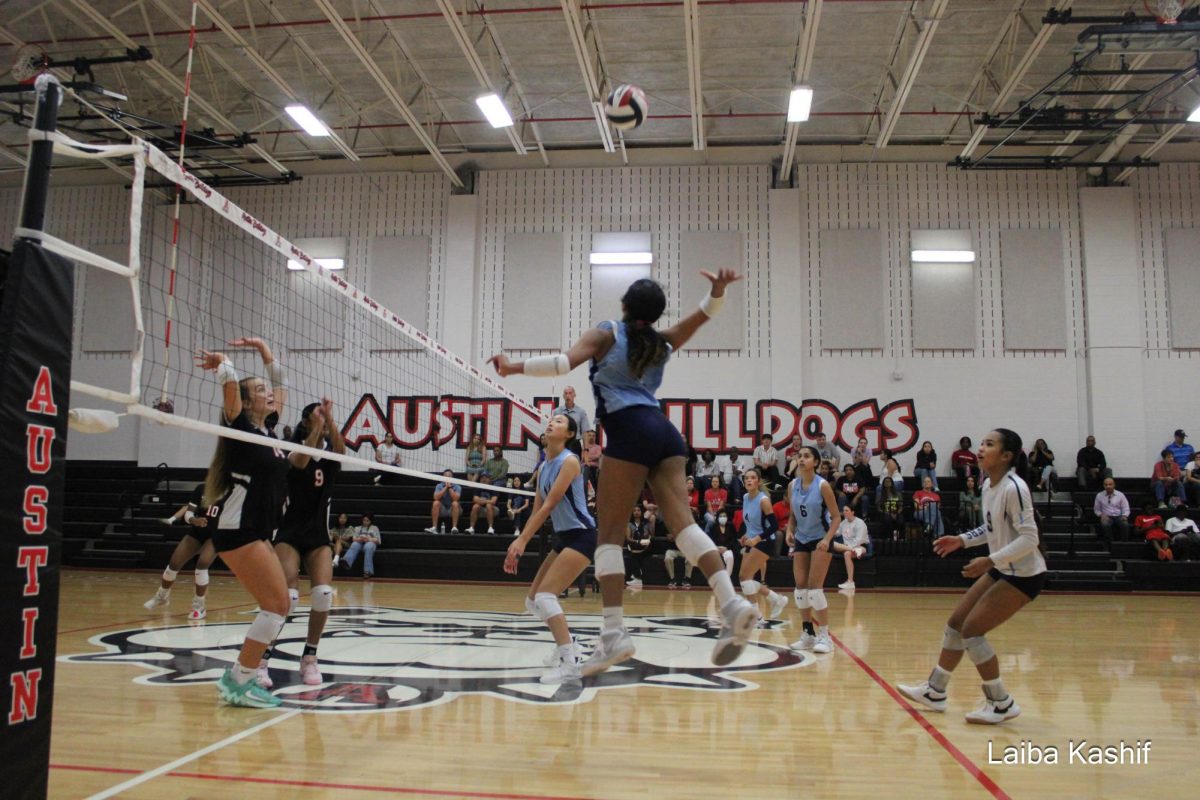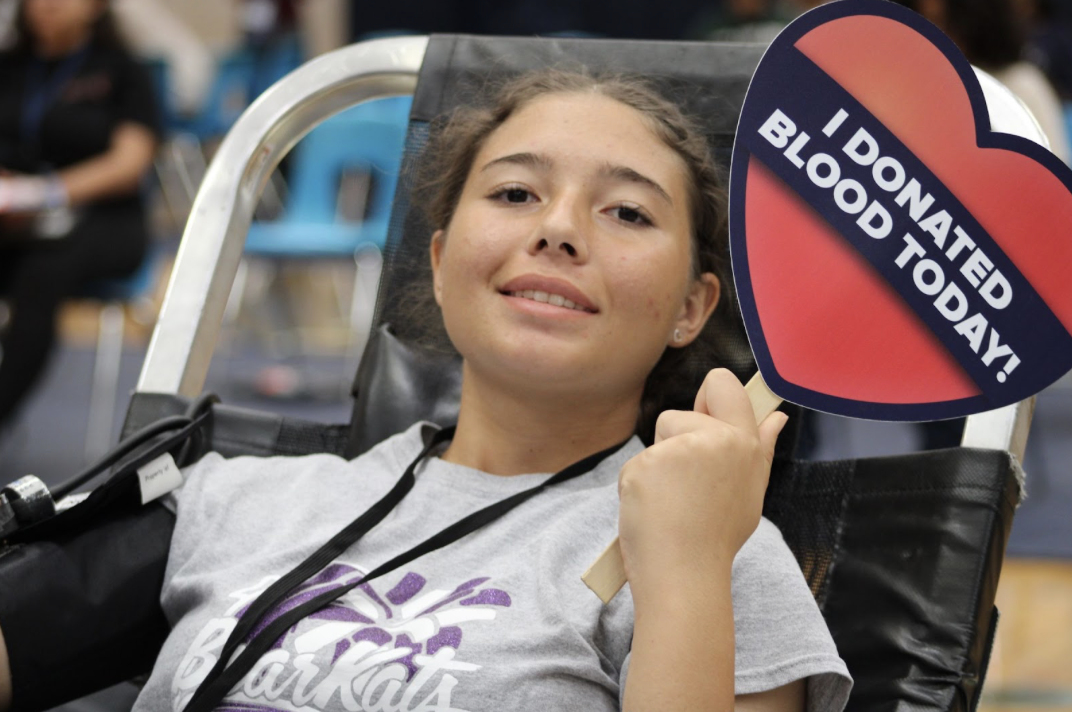What AP Spanish has taught me
April 4, 2019
Before heading into the fourth quarter of AP Spanish IV, my class finished the movie, “Mar Adentro”, or translated in English, the “Sea Inside.” The movie is a true story about Ramon Sampedro, a Spanish seaman, and writer who spent 29 years as a paraplegic and fought for the right to end his life… until he eventually succeeded in doing so.
To kick off our last nine weeks, our class started off with a debate on whether or not Ramon’s assisted death was ethical and justified due to the severity of his physical state. The discussion seemed to center in on one central focus: “What makes life worth living?”
And although sometimes we couldn’t understand each other or even understand ourselves due to our limited knowledge of Spanish, a realization dawned on me. The conflicting emotions we had, the hope for a meaningful life, and the desire each of us has for something more than our present situation translates beyond the English language. At this moment we felt the same feelings, had the same wishes, regardless of where we came from or what language we spoke.
We all seek to make sense in the labyrinth of the society in which we live.
What is our role here? Where do we fit? Who do we belong to, and who belongs to us?
I began to think of our discussions in Spanish as more than just another unit or theme to study for the AP test, but a vehicle to a deeper understanding of everyday life and what it means to be human– and the idea that although language is beautiful, perhaps it is merely a trivial part of the human experience.
While it simultaneously connects and divides us, it also exemplifies the simplicity in humanity. The reality is we all value, crave, and search for attention. We seek those who resemble the parts of ourselves and our lives we feel we are missing. Language is just one part of many that bring us together.
Each person defines “living” differently. Even my personal definition has fluctuated over the past few years, especially since I’ve started high school. Throughout the movie, I thought about what it would mean if I were a paraplegic. What if I could never go for a run again, what if I could never stick my hand out the car window and feel the breeze kiss my fingertips, or feel the warmth of a hug?
What makes my life worth living?
Oftentimes what we lack is so painfully obvious so I made the effort to see all that I have. I thought about bento boxes and late nights spent baking with my grandmother. I thought about spinning around in circles and singing at the top of my lungs with my friends in empty parking lots. I thought about what it feels like to be with a person who feels like home; when it doesn’t matter where you are or what you’re doing, you know you can turn to them and find them already looking back at you.
Perhaps we aren’t so different after all, and if we took the time to learn each other’s language, but more importantly to listen, we would realize that we are all a part of the same human experience. We have all loved and lost and loved and lost all over again. We cry in the same language. We all feel pain even if it does not come from the same source. It’s easy to feel like you’re the only one going through a situation when you remain silent. Isolation may seem more appealing than being vulnerable, but perhaps that is just something we tell ourselves because we fear rejection. But life is not worth living if you allow the tragedies of yesterday and the possibilities of tomorrow stop you from embracing the beauty of the present.

